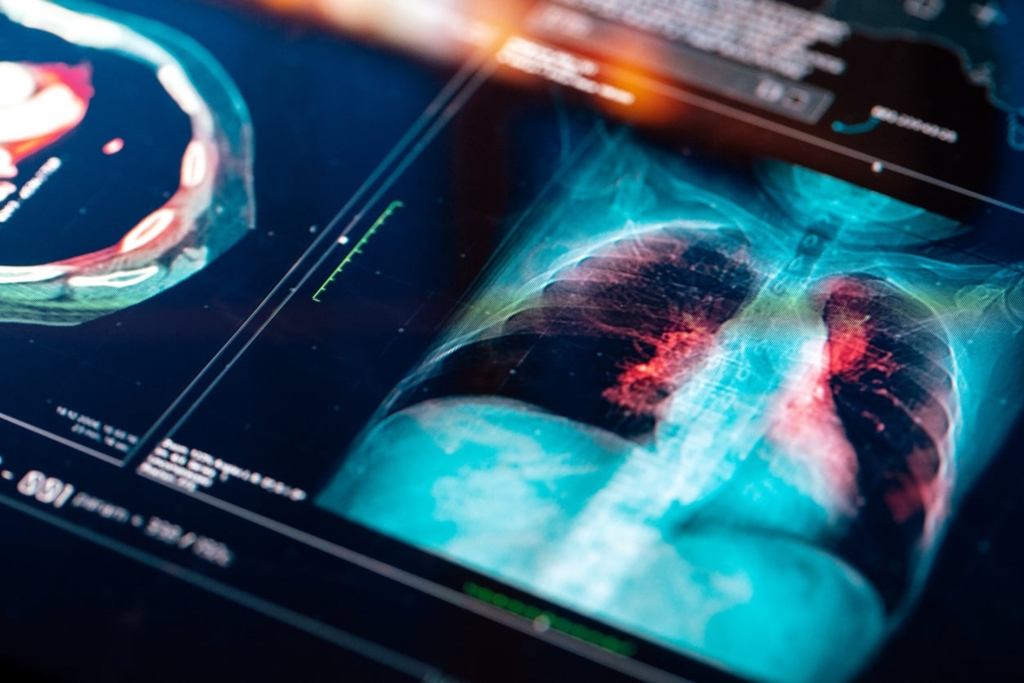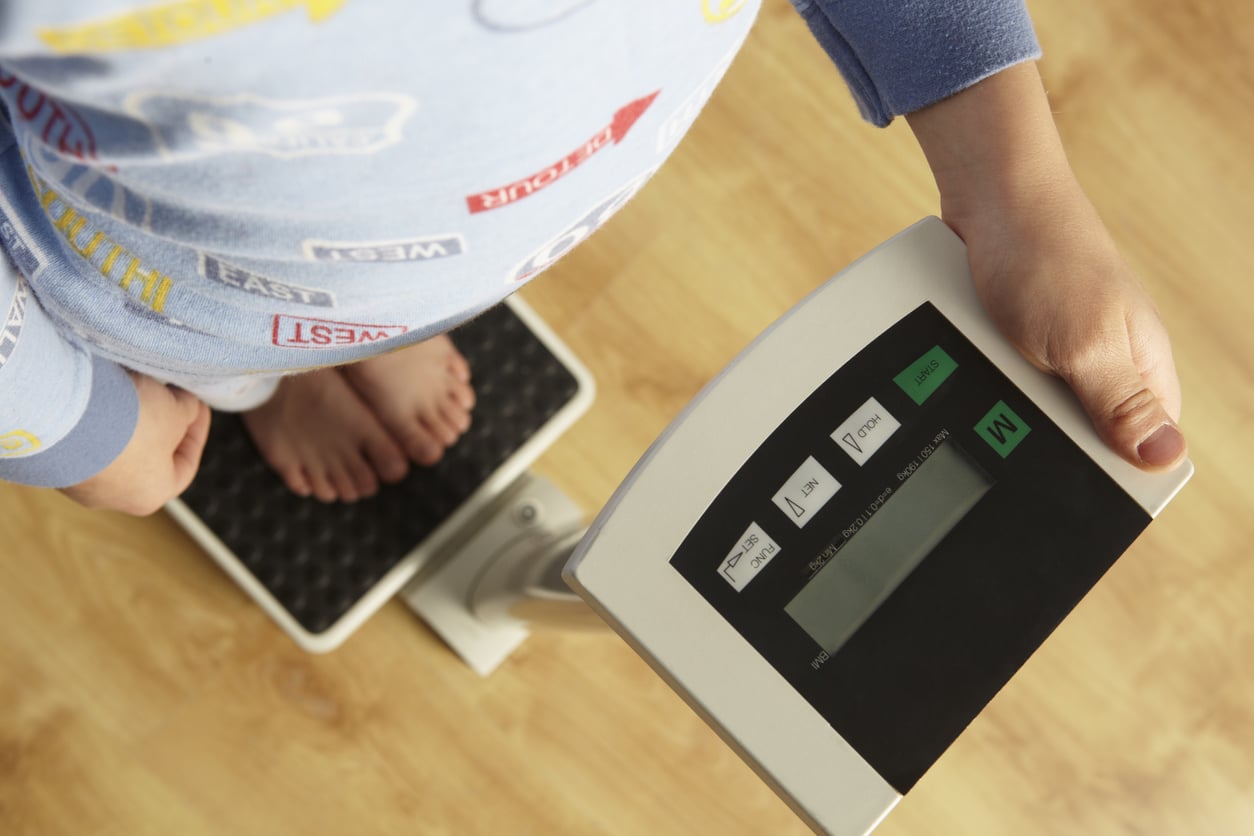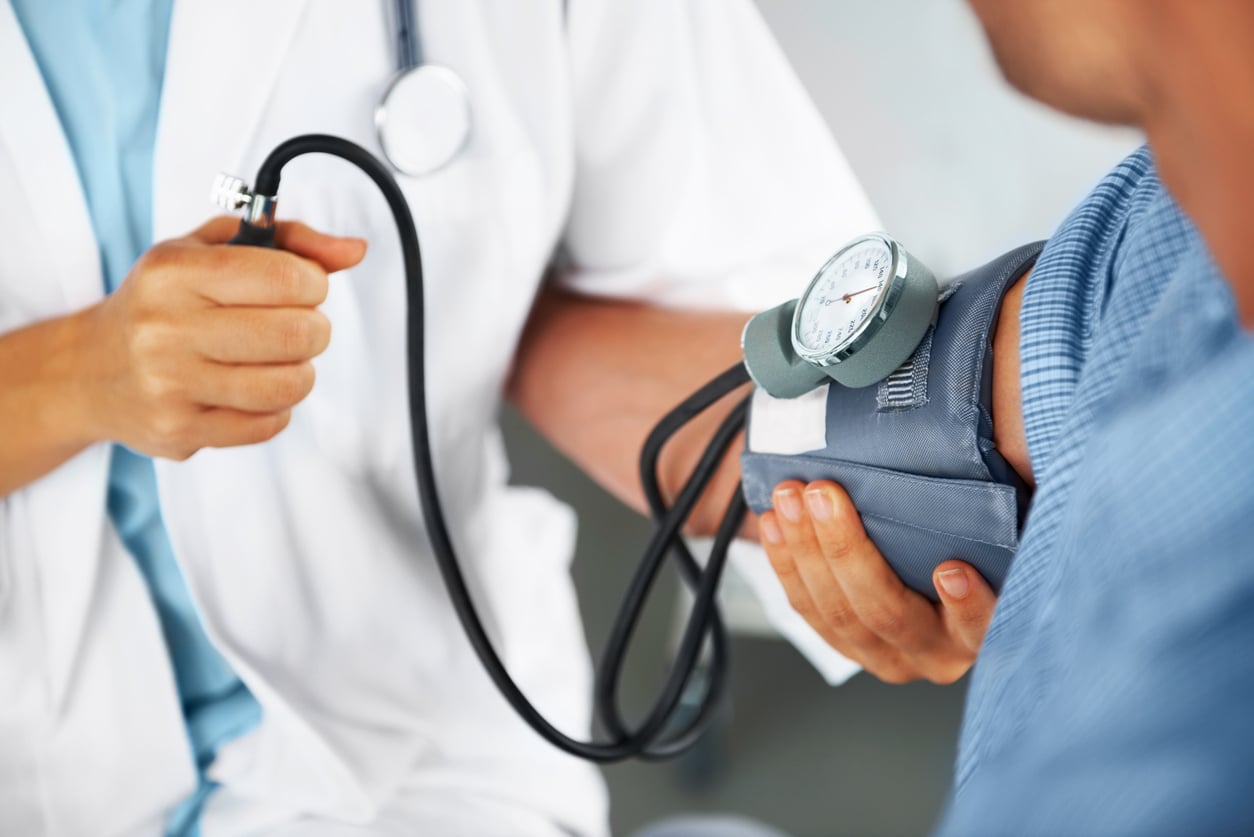Pneumonia Warning Signs and Symptoms: What You Need to Know

Pneumonia is a dangerous lung infection that, if not treated appropriately, can be fatal. Pneumonia kills more people in the United States than any other infectious disease. It's critical to recognize the signs and symptoms of pneumonia so that you can seek treatment as soon as possible. We'll go over the most prevalent pneumonia warning signs and symptoms in this blog post.
Fever

A fever is often one of the first signs that something is wrong. When caused by an infection, it indicates that the body is fighting off a foreign invader. In some cases, such as with pneumonia, the infection can cause the fever to spike to dangerous levels. While a low-grade fever may simply be uncomfortable, a high fever can be serious and even life-threatening. If you suspect that you or someone you know has pneumonia, it is important to seek medical attention right away. A doctor will be able to confirm the diagnosis and provide the appropriate treatment. Left untreated, pneumonia can lead to serious complications, so don’t wait to get help if you think you may have this condition.
Chills

Many people associate pneumonia with a high fever and chest pain. However, chills are also a common symptom of this serious lung infection. As the body fights off pneumonia, it produces more white blood cells to fight the infection. This increase in white blood cells can cause a person's body temperature to drop, leading to chills. Chills often begin suddenly and can be accompanied by shivering and shaking. They can also be accompanied by other symptoms, such as coughing, trouble breathing, and chest pain. If you experience chills along with any of these other symptoms, it is important to see a doctor as soon as possible for a diagnosis. Early treatment is essential for preventing serious complications from pneumonia.
A Cough

While a cough is not always indicative of pneumonia, it is one of the most common symptoms. Pneumonia can be caused by a variety of different things, including viruses, bacteria, and even fungi. In most cases, pneumonia is treated with antibiotics. However, if the infection is caused by a virus, antibiotics will not be effective. Treatment for viral pneumonia typically involves rest, plenty of fluids, and sometimes pain relievers. If you think you may have pneumonia, it is important to see a doctor as soon as possible for an accurate diagnosis and proper treatment.
Labored Breathing

One of the most common signs of pneumonia is labored breathing. This is usually caused by inflammation and fluid buildup in the lungs, which makes it difficult for oxygen to move through the lungs and into the bloodstream. Labored breathing can also be accompanied by other symptoms such as coughing, chest pain, and shortness of breath. If you are experiencing any of these symptoms, it is important to see a doctor as soon as possible, as they may be indicative of a more serious condition. Early diagnosis and treatment is essential for preventing pneumonia from becoming severe or life-threatening.
Chest Pain

According to the Mayo Clinic, pneumonia is an infection of the lungs that can cause chest pain. The pain is usually worse when you breathe in or cough. It may also be accompanied by other symptoms, such as a fever, shortness of breath, and coughing up mucus. Pneumonia can be caused by viruses, bacteria, or fungi. In some cases, it may be caused by inhaling irritants, such as smoke or chemicals. Treatment for pneumonia typically includes antibiotics and rest.
Molds and Bacteria

Pneumonia is an infection of the lungs that is caused by a variety of different microorganisms, including viruses, bacteria, and fungi. Molds and bacteria can enter the lungs through the nose or mouth, or they can be inhaled. Once they are in the lungs, they can multiply quickly and cause an infection.



